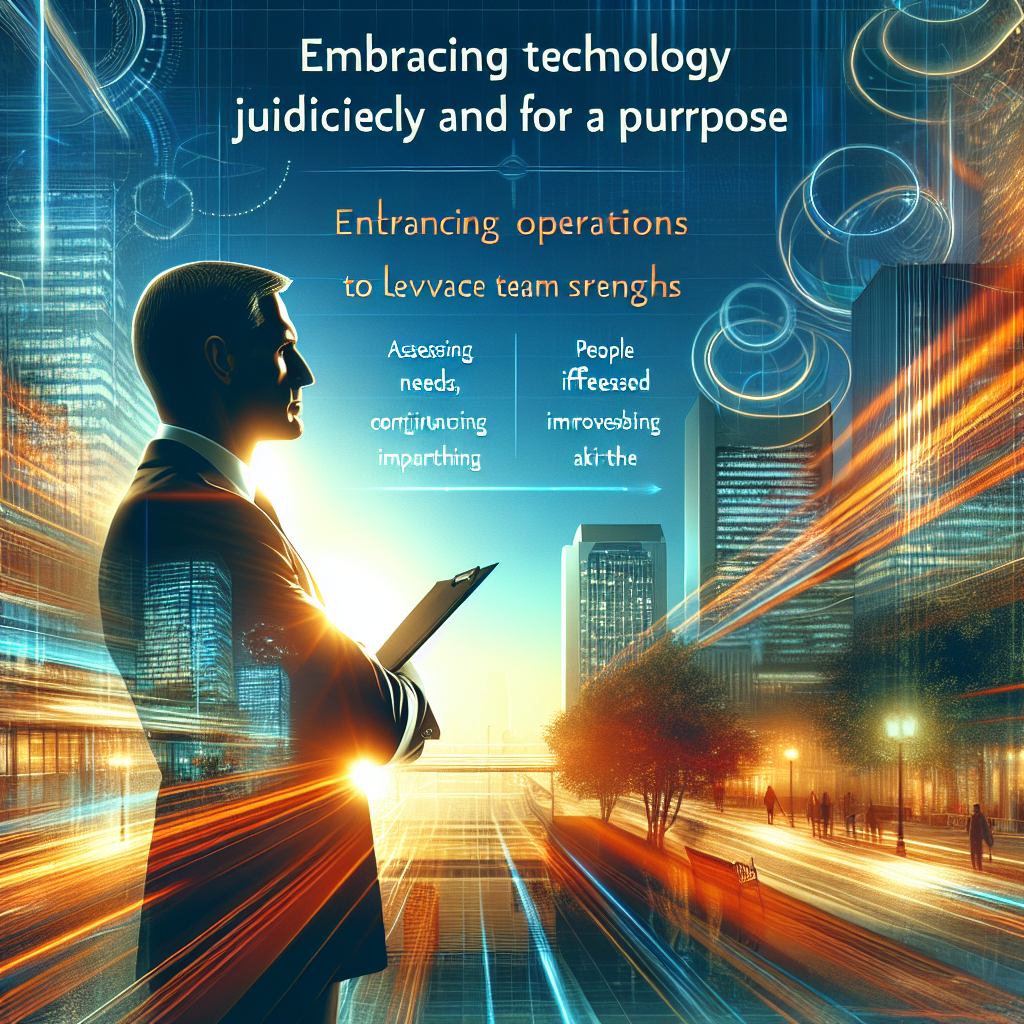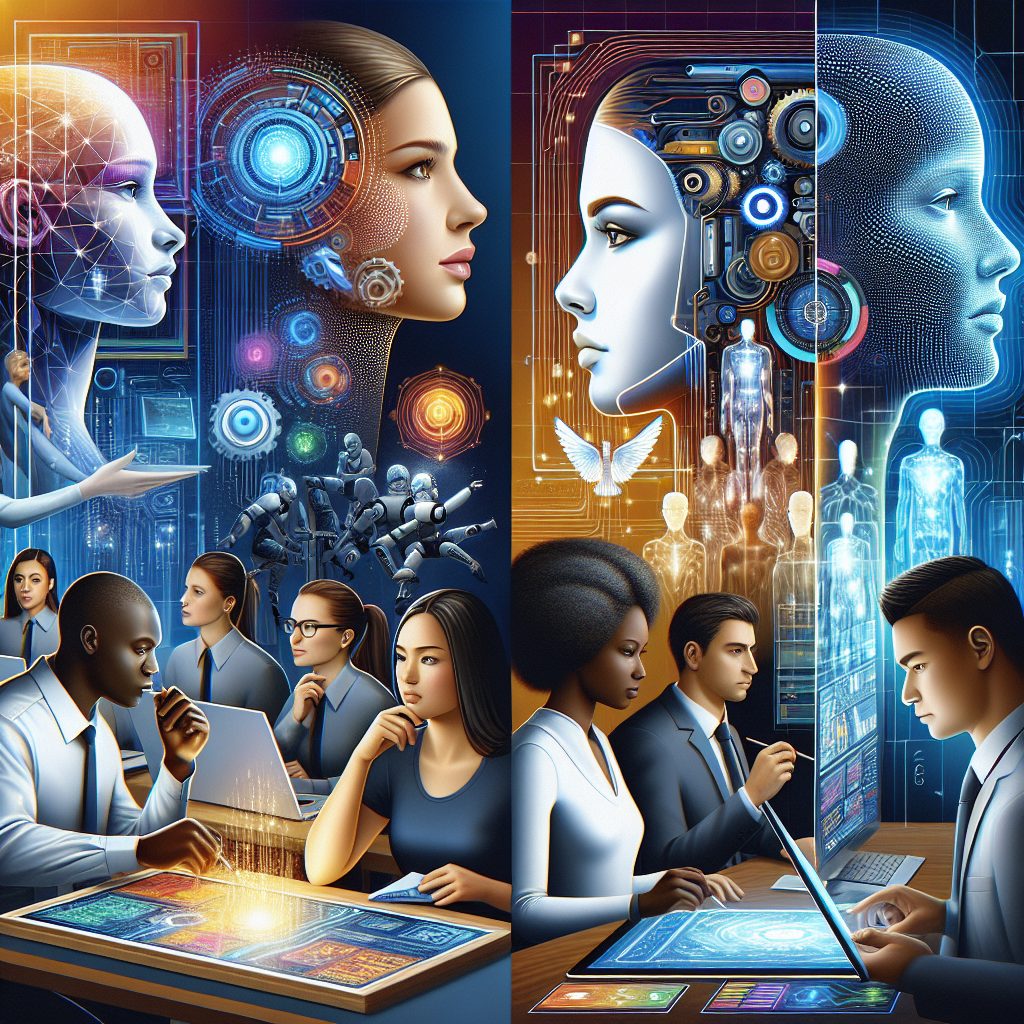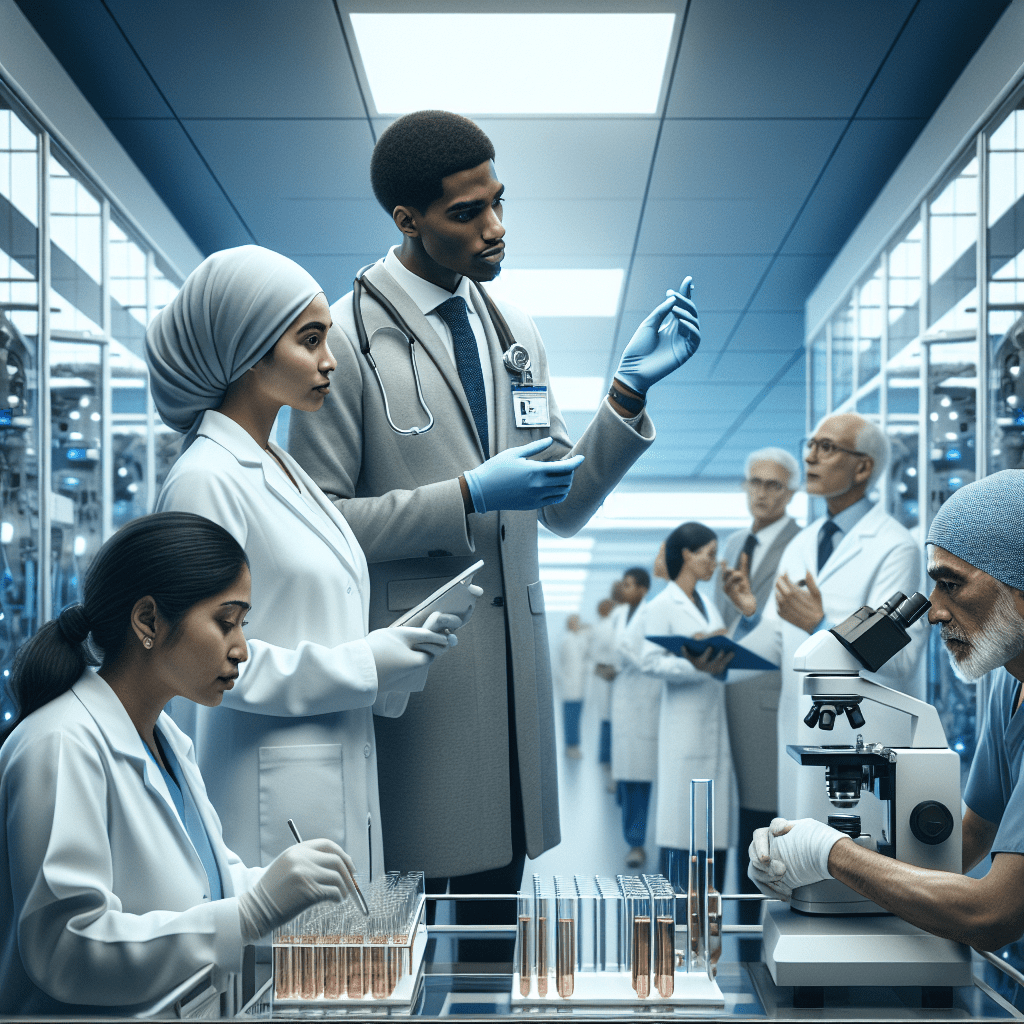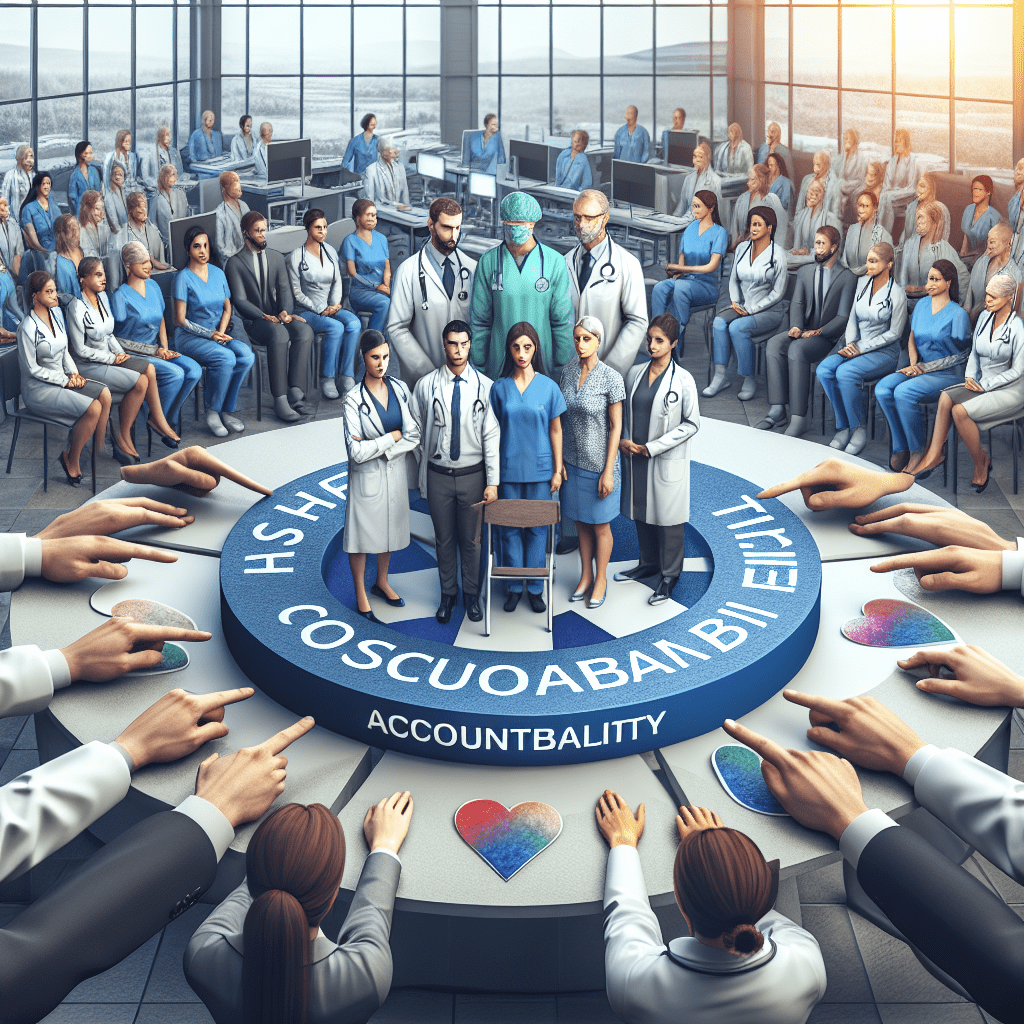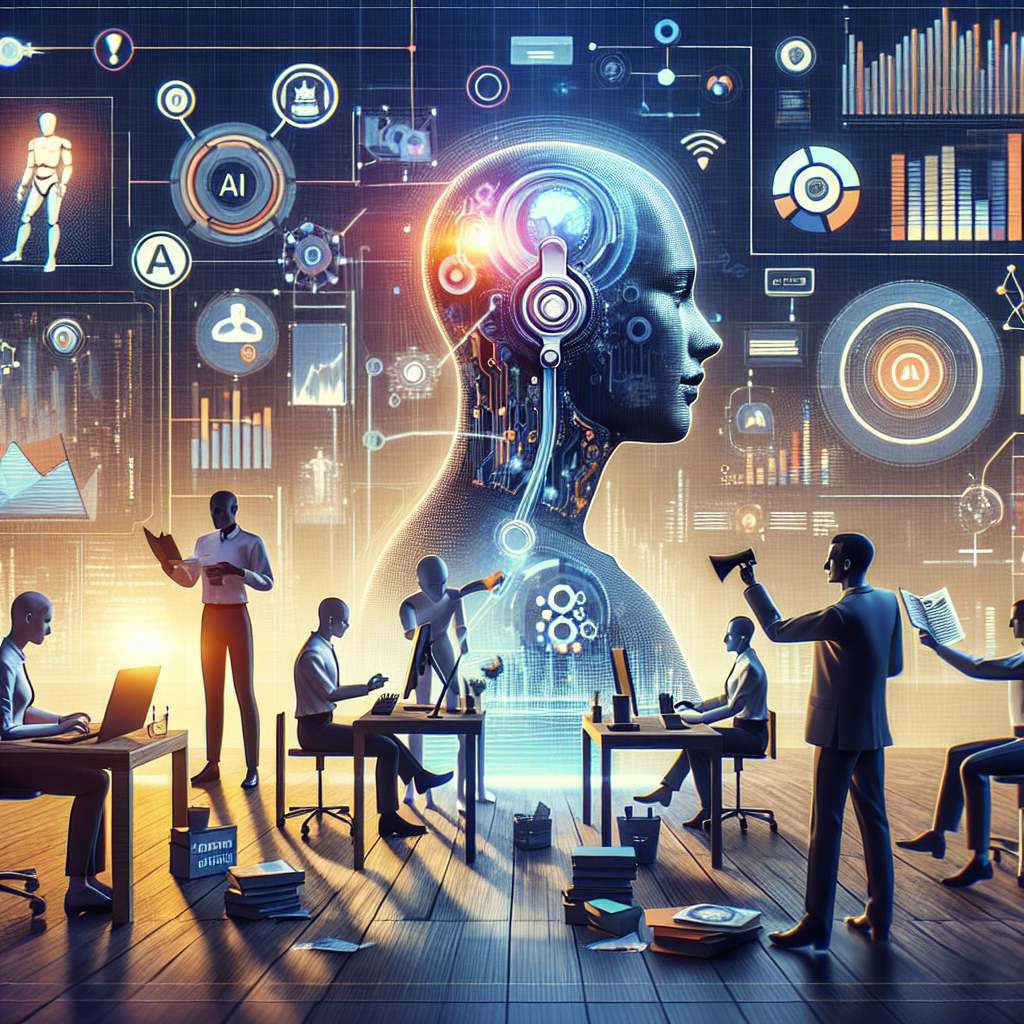
Embracing the Future: The Symbiosis of AI and Human Expertise in Healthcare

The Future of Expertise is Here, and It’s Not What You Think
Have you ever found yourself relying on a gadget or an app to solve a problem, only to remember that human touch is irreplaceable? Well, I was reminded of just that when I sprained my ankle recently. I went through the usual steps: X-ray done, swelling up, and a bit of a moan to my mates. But then, I had a bit of fun with technology. I decided to upload my injury details to an AI tool for some insights.
The response blew me away. It produced a thorough summary of my injury, outlined recovery steps, and even gave me a rough estimate of how long I would be hobbling about on crutches. It was impressive, to say the least. But there’s a catch! I still made it a point to see my doctor. Why? Because the insights from AI were useful, but they certainly did not replace the nuances of a seasoned medical expert. Trust me; nothing can substitute that.
Understanding the Limitations of AI
Let’s dive into what this experience taught me. First off, while AI can enhance our understanding, it doesn’t replace human expertise. The AI’s input was handy and informative, yet it lacked the depth that comes from years of training and experience that only a doctor possesses. They can assess body language, understand nuances, and even catch things that technology might overlook. There’s something fundamentally human about those skills.
Secondly, there’s a comforting value in expert advice that no algorithm can replicate. Being able to sit across from someone with years of knowledge gives us reassurance, especially when it concerns our health. AI can offer guidance, but it’s the doctor who understands the complexities of the human body. That’s a cocktail of knowledge blended with intuition and compassion—which is hard to programme into software.
How AI Complements Rather Than Competes
So, what does all this mean for the future of expertise? We need to embrace the fact that technology is here to stay. The key is to understand that technology can complement our skills rather than compete with them. Think about it: by utilising AI for preliminary insights, we empower ourselves with knowledge before consulting with an expert. This fosters a relationship built on mutual respect, as we are not just passive recipients of information but informed participants in our own health decisions.
Trust in professionals increases when we arm ourselves with knowledge, which is exactly what AI helps us do. It bridges the gap between curiosity and confidence, enabling us to ask the right questions when we finally sit down with our experts. AI isn’t here to replace us—it’s here to help us become better informed and more proactive in the face of medical challenges.
Why Human Judgment is Essential
Of course, a word of caution is in order. While AI might be great at providing general insights, it can miss the mark in areas needing human judgement. For example, should I push my body through exercises after my injury? An AI might not grasp the psychological implications or the specific motivations behind wanting to return to sports. That’s a conversation that only a good physician can help me navigate.
So how do we ensure technology enhances our value without overshadowing the essential human element? We remain curious but critical. We welcome AI into our lives but recognise it for what it is: a tool, not a replacement. Expertise is still built on years of real-world experience, something that no chatbot or app can replicate.
Reflections on the Future of Expertise
Let’s take a moment to reflect on this shifting landscape of expertise. Are we heading towards a future where human judgement and AI coalesce? I believe so, and it’s an exciting prospect. It enriches our decision-making processes while still honouring the invaluable skills of trained professionals.
So the next time you reach for your smartphone or consult an AI for a health query, remember to pair that with the wisdom of experts. It’s a beautiful blend, and together, we can forge a future that leverages the strengths of both.
What are your thoughts on this? Do you think humans and AI can work in harmony, or do you see potential pitfalls? I’d love to hear your views.

